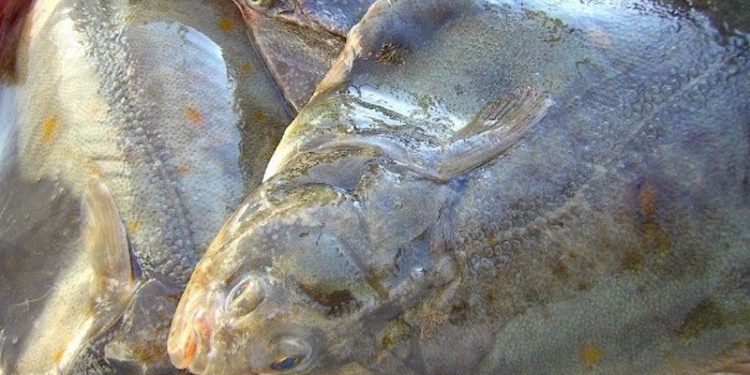The European Parliament’s vote on multi-annual plan for demersal fish stocks in the North Sea poses concerns to industry, according to fishing industry body Europêche.
The European Parliament Committee on Fisheries has adopted its position on the European Commission’s proposal establishing a multi-annual plan for demersal stocks in the North Sea. Europêche has welcomed this as a decisive step forward towards the final adoption of this legislative proposal which, in the context of regionalisation, will bring decision-making closer to fishers operating in this area.
However, Europêche states that certain measures adopted by the European Parliament, such as the introduction of multiannual fishing quotas for certain stocks, would pose a threat to the implementation of the landing obligation and therefore would fail to tackle the complexities of mixed fisheries.
‘We are convinced the EP has delivered an important contribution towards the trilogue discussions leading to a new multi-annual management plan for the North Sea,’ said Pim Visser of VisNed/Europêche.
‘We are however deeply concerned that in its current form, as proposed by the EP, this plan will be hindering managers in carrying out their fishing operations in a sustainable and economically viable way. On the contrary, the stipulations as formulated by the EP Committee on Fisheries will lead to quota setting for certain species which will be choking the mixed demersal fisheries in the North Sea.’
He commented that the North Sea is one of the healthiest seas in Europe, with almost 60% of landings coming from stocks at the highest levels of biological sustainability. Other stocks are expected to gradually reach these levels, thanks to the reduction of fishing effort and better recruitment over the past few years. The introduction of the new regionalised legal framework intends to guarantee this positive trend in the long-term securing both sustainable fishing opportunities and the livelihoods of fishermen.
He said that Europêche appreciates the establishment of different ranges instead of point targets, within which the Council can set the annual Total Allowable Catches (TACs) and achieve sustainable levels for the stocks covered by the plan at the latest by 2020. But the organisation has severe reservations over what it sees as an artificial split of the ranges which is scientifically non-justifiable.
‘A range is a range and should be valid from the lower beginning until the upper end,’ he said.
Contrary to the European Parliament’s position, Europêche considers that recreational fisheries should not be covered by this plan since the activity is not regulated by Common Fisheries Policy and there is no previous impact assessment performed by the European Commission in its proposal on the subject.
‘The fishing industry expects a plan able to cope with the challenges from the landing obligation and to tackle the complexities of mixed-fisheries. The latter represents a particular challenge since the stocks are characterised by numerous interactions and unexpected population trends not easily predictable with the current scientific instruments available,’ he said, adding that scientific institutes lack the resources, both financially and staff-wise to build models covering the mixed-fisheries.
Europêche argues that the Council position is more realistic since so far they propose to thoroughly manage the main target species (Maximum Sustainable Yield assessment) while monitoring the sustainable harvesting of non-target species (precautionary approach). Governing by-catch and minor species under more stringent TACs and quotas would certainly accentuate the choke species problem.
‘Whether this plan would be good enough to adequately regulate demersal fisheries in the North Sea under the Common Fisheries Policy very much depends on the future trilogue negotiations.’ Pim Visser said. ‘We believe that the current design can be and must be further improved in order to make the plan flexible and responsive to the evolving realities of fisheries.’









